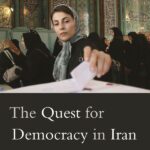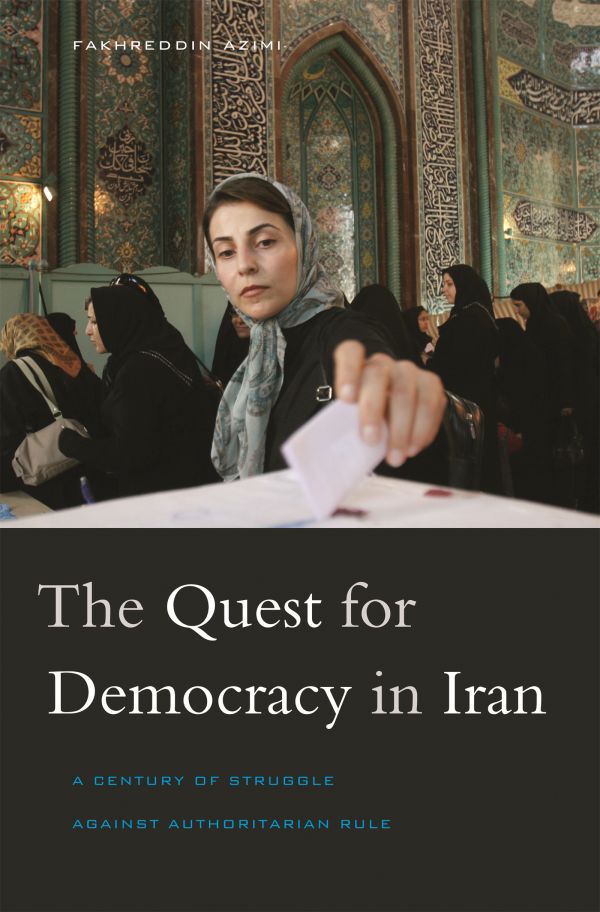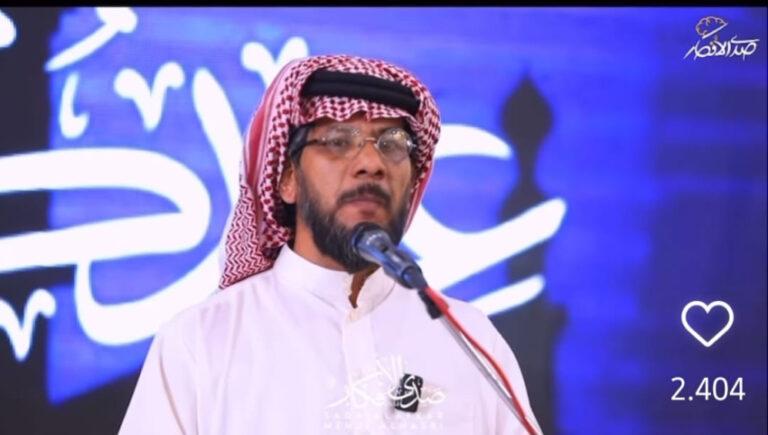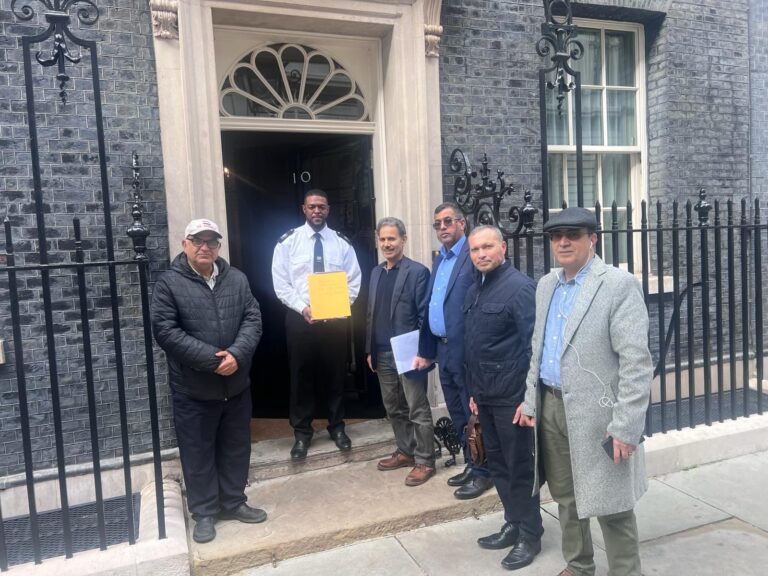Purchases aim to divide country: labor minister
The recent rise in Iranian purchases of property owned by Christians stirred controversy in
Lebanon as the Islamic republic is
accused of dividing the country along sectarian lines and embarking on a Shiite infiltration scheme.
The Shiite purchase of Christian land in Lebanon drove Lebanese Labor Minister Botros Harb to submit to the cabinet a draft law that prohibits the sale of land across religions.
Harb’s proposal mirror Lebanese fears of a scheme that enables Iran of exercising growing economic influence in Lebanon through Shiite businessmen who buy lands and houses owned by Christians and take advantage of Lebanon’s free market economy.
The draft law, of which AlArabiya.net obtained a copy, consists of six articles and an explanation of the way in which they are not in violation of the Lebanese constitution.
The first article of the law stipulates that sale of property should only be among members of the same religion for the coming 15 years and that any contracts that violate this law should be annulled. This includes what the law describes as “fake contracts” where the purchasing party is not the real beneficiary of the deal.
According to the draft, those who violate this law whether by sale, purchase, or mediation will face five to 10 years in jail and fined double the price of the sold property.
Sounding alarm bells
![]() These purchases aim at undermining Lebanon’s religious diversity and national unity
These purchases aim at undermining Lebanon’s religious diversity and national unity ![]()
Lebanese Labor Minister Bostros Harb
The main purpose of the draft law is sounding alarm bells over an organized scheme of appropriating Christian land, said Labor Minister Botros Harb.
“These purchases aim at undermining Lebanon’s religious diversity and national unity,” he told AlArabiya.net.
Although Iran is reportedly the “foreign party” behind those purchases, Harb refused to name the parties or countries involved.
“I prefer to leave naming the parties involved to the relevant bodies after they do their investigations.”
When asked if the new law will harm investment in Lebanon, especially from the Gulf region in the fields of tourism and real estate, Harb replied that the law is not concerned with this type of investment and which is regulated by other laws.
Undermining economy
![]() The law will lead to lack of trust between investors due to dividing the economy according to religion or sect
The law will lead to lack of trust between investors due to dividing the economy according to religion or sect ![]()
Lebanese economic expert Dr. Ghazi Wazni
According to Lebanese economic expert Dr. Ghazi Wazni, the new law is bound to undermine the Lebanese economy for several reasons.
“First, the law will lead to lack of trust between investors due to dividing the economy according to religion or sect,” he told AlArabiya.net. “Second, it affects the decisions of Lebanese expatriates who transferred $8 billion in 2010 without paying attention to sectarian differences.”
Third, Wazni added, the law will also affect the banking sector which operates across Lebanon without any sectarian restrictions.
“Fourth, the law will have a negative impact on the entire real estate sector whose investments reached $9.5 billion in 2010.”
In addition to economic drawbacks, Wazni argued that the law will have an opposite result to what it aims at since it will enhance divisions and make owning property dependent on religion.
When asked about Iran, Wazni replied that Iranian investments are concentrated in the south and that he did not notice the same happening in other parts of Lebanon.
“However, Shiite investments have been growing in many parts of Lebanon.”
Wazni concluded by saying that it is very unlikely that Harb’s proposal will be approved.
“The possibility of approving this law or putting it on the cabinet’s agenda is zero percent.”
Demographic balance
![]() It is very difficult to know the names of the parties that make the purchases
It is very difficult to know the names of the parties that make the purchases ![]()
Real estate expert Antoine Deeb
On the other hand, the new draft is seen as the best way to protect Lebanon’s sectarian diversity and demographic balance and will curtail the sale of land to businessmen who are not the real purchasers and who usually represent foreign parties, said real estate expert Antoine Deeb.
“It is very difficult to know the names of the parties that make the purchases because the real estate agencies involved never reveal the names of the real buyers,” he told AlArabiya.net.
Deeb refused to comment on reports that purchases of Christian lands are part of an organized scheme to spread Shiite influence.
(Translated from Arabic by Sonia Farid)















+ There are no comments
Add yours